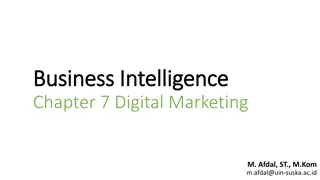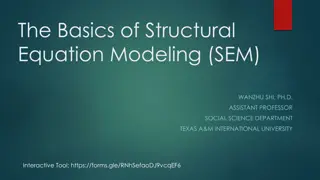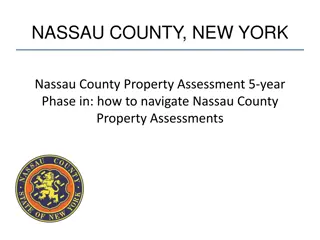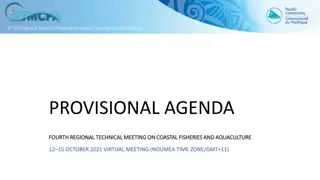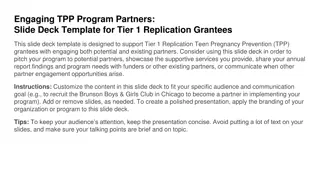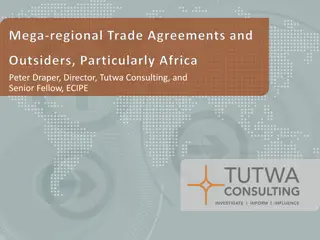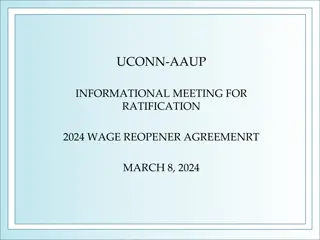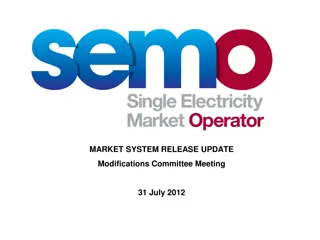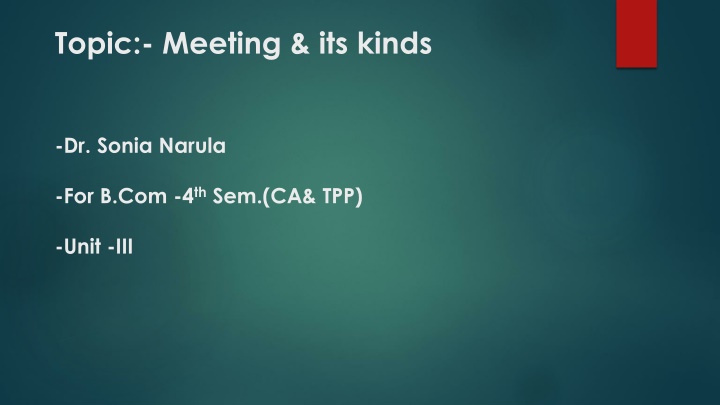
Different Types of Meetings and Their Significance
Explore the concept of meetings, including their definition, characteristics, significance, and various types such as company meetings, shareholder meetings, and more. Learn about the importance of decision-making in meetings and their role in shaping business strategies.
Download Presentation

Please find below an Image/Link to download the presentation.
The content on the website is provided AS IS for your information and personal use only. It may not be sold, licensed, or shared on other websites without obtaining consent from the author. If you encounter any issues during the download, it is possible that the publisher has removed the file from their server.
You are allowed to download the files provided on this website for personal or commercial use, subject to the condition that they are used lawfully. All files are the property of their respective owners.
The content on the website is provided AS IS for your information and personal use only. It may not be sold, licensed, or shared on other websites without obtaining consent from the author.
E N D
Presentation Transcript
Topic:- Meeting & its kinds -Dr. Sonia Narula -For B.Com -4thSem.(CA& TPP) -Unit -III
Meeting its meaning ,characteristics significance & kinds Introduction of meeting A meeting is when two or more people come together to discuss one or more topics, often in a formal or business setting, but meetings also occur in a variety of other environments. Many various types of meetings exist. Definition of meeting A meeting is a gathering of two or more people that has been convened for the purpose of achieving a common goal through verbal interaction, such as sharing information or reaching agreement . Meetings may occur face-to-face or virtually, as mediated by communications technology, such as a telephone conference call, a skyped conference call or a video conference. One Merriam- Webster dictionary defines a meeting as "an act or process of coming together"
Characteristics of meeting Get together-It is a get together of two or more persons. 1. Lawful business-taking decision for some lawful business. 2. Notice- before a meeting is held, the members are given a notice about the meeting. 3. Time and place- meeting is held at a specific place and time. 4. Provisions of companies Act 2013- a company s meeting is held according to the provision of the companies Act, 2013. 5.
Significance of meeting There are many kinds of meetings. They are all important as all important decisions regarding the plans, policies and functioning of a company are made at these meetings . Decision made in meetings Plans Functioning of company Policies
Kinds of meeting Company s meeting Debenture holder meeting Director s meeting Shareholder s meeting Creditor s meeting Annual general meeting Extra ordinary meeting Class meeting
1. Shareholders meeting The meetings of the shareholders can be further classified into three kinds namely, Annual General Meeting, Extraordinary General Meeting, and Class Meeting. 1. 2. 3. Annual General Meeting The Annual General Meeting is one of the important meetings of a company. It is usually held once in a year. AGM should be conducted by both private and public ltd companies whether limited by shares or by guarantee; having or not having a share capital. As the name suggests, the meeting is to be held annually to transact the ordinary business of the company.
Extra-ordinary General Meetings (EGM) Statutory Meeting and Annual General Meetings are called the ordinary meetings of a company. All other general meetings other than these two are called Extraordinary General Meetings. As the very name suggests, these meetings are convened to deal with all the extraordinary matters, which fall outside the usual business of the Annual General Meetings. EOGMs are generally called for transacting some urgent or special business, which cannot be postponed till the next Annual General Meeting. Every business transacted at these meetings is called Special Business. Class Meetings Class meetings are those meetings, which are held by the shareholders of a particular class of shares e.g. preference shareholders or debenture holders. Class meetings are generally conducted when it is proposed to alter, vary or affect the rights of a particular class of shareholders. Thus, for effecting such changes it is necessary that a separate meeting of the holders of those shares is to be held and the matter is to be approved at the meeting by a special resolution.
2. Directors meetings This meeting is divided into two parts Board meeting Director s Committee meeting Meetings of Directors are called Board Meetings. These are the most important as well as the most frequently held meetings of the company. It is only at these meetings that all important matters relating to the company and its policies are discussed and decided upon. Since the administration of the company lies in the hands of the Board, it should meet frequently for the proper conduct of the business of the company. The Companies Act therefore gives wide discretion to the directors to frame rules and regulations regarding the holding and conduct of Board meetings. The Directors of most companies frame rules concerning how, where and when they shall meet and how their meetings would be regulated. These rules are commonly known as Standing Orders. Directors Committee meting is divided into two parts Temporary &Permanent Committee Meeting.
3. Creditors meeting These are not meetings of a company . They are held when the company propose to make a scheme of arrangements with its creditors. Companies like individuals may sometimes find it necessary to compromise or make some arrangements with their creditors , in these circumstances ,a meeting of the creditors is necessary. 4.Debenture holder meeting The debenture holders of a particular class conduct these meeting. They are generally conducted when the company wants to vary the terms of security or to modify their rights or to vary the rate of interest payable etc. Rules and Regulations regarding the holding of the meetings of the debenture holders are either entered in the Trust Deed or endorsed on the Debenture Bond so that they are binding upon the holders of debentures and upon the company.
Conclusion Meeting in general is coming together of two or more members of the company by a prior notice or mutual agreement , at an agreed time and place for discussing some lawful business. There are 4 kinds :-1.shareholder s meeting,2. director s meeting,3. creditor s meeting and 4. debenture holder meeting.


